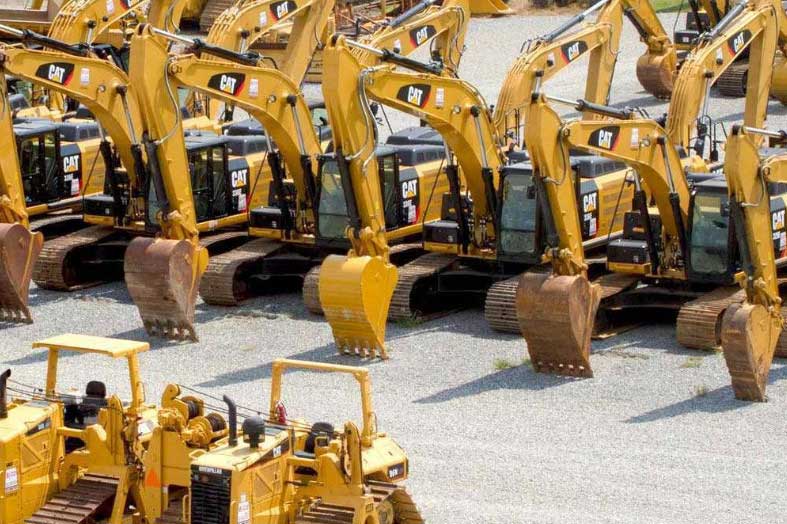Already in the article on the classification of heavy machinery I talked about excavators, let’s go a little deeper about them.
Excavators are among the most versatile and powerful pieces of heavy machinery used in construction, mining, and various other industries. These machines are essential for tasks that involve digging, lifting, and moving large amounts of material. In this article, we will explore what excavators are used for, their key advantages, and some of the disadvantages to be aware of.
What are Excavators Used For?
Excavators are primarily used for digging and moving earth. However, their functionality extends far beyond just excavation. Some common uses include:
- Trenching: Creating trenches for utility lines and drainage.
- Material Handling: Moving large objects and materials such as pipes, rocks, and debris.
- Demolition: Breaking down structures using specialized attachments.
- Mining: Extracting minerals and other resources from the earth.
- Forestry: Removing trees and preparing land for development.
- Road Construction: Preparing the ground, digging foundations, and clearing debris.
Do you need a part for a broken excavator? Contact us and we will gladly help you!!!

Advantages of Using Excavators
- Versatility: Excavators can be equipped with various attachments, such as buckets, augers, and hydraulic hammers, to perform a wide range of tasks.
- Efficiency: These machines can complete tasks quickly and efficiently, saving time and labor costs.
- Precision: Modern excavators come with advanced controls and technology, allowing for precise digging and movement.
- Power: Excavators are capable of handling heavy loads and tough materials, making them indispensable for large-scale projects.
- Mobility: They are available in different sizes, from compact models for small sites to large ones for significant projects, ensuring they can be used in a variety of environments.
Disadvantages of Using Excavators
- Cost: Excavators can be expensive to purchase, and their maintenance and operation costs can also be high.
- Size: Larger excavators require significant space to operate and transport, which can be challenging in confined or urban areas.
- Complexity: Operating an excavator requires training and skill. Mistakes can lead to accidents or damage.
- Environmental Impact: Excavators can be noisy and produce emissions, which might be a concern in residential or environmentally sensitive areas.
Excavators play a crucial role in many industries, offering unmatched versatility, power, and efficiency. While they come with certain disadvantages, the benefits they provide in terms of productivity and precision often outweigh these drawbacks. Understanding both the strengths and limitations of excavators can help businesses make informed decisions about their use and ensure that projects are completed effectively and safely.
